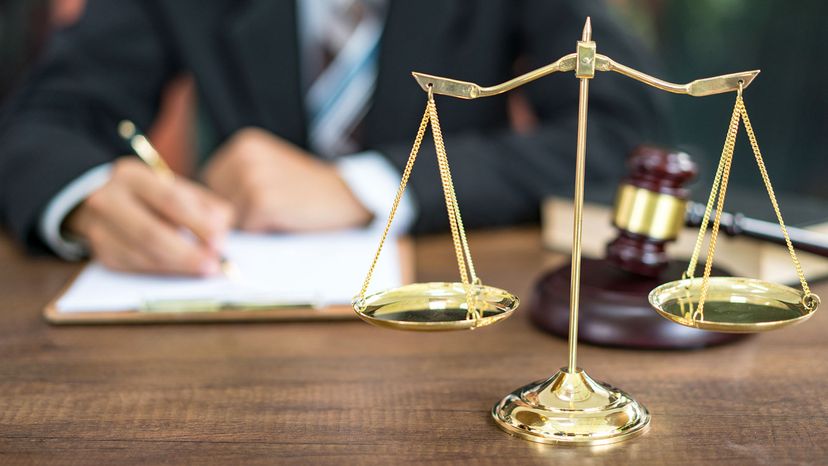
It's understandable that you might want to know if the cops are looking for you — and more specifically, whether the authorities have issued a warrant for your arrest. Short of strolling into the local police station and asking them about said warrant, there are a number of ways to figure out if there's an active warrant in your name.
Warrants don't just appear out of thin air. A judge issues an arrest warrant (a form authorizing the police to arrest you and present you before the court) upon probable cause. Probable cause means that a law enforcement officer believes that he or she has enough information regarding a crime to make a legitimate arrest [source: FindLaw].
Advertisement
There are two kinds of warrants: arrest and bench. Arrest warrants occur if you've committed criminal activity and the police actively come looking for you. Bench warrants are issued by judges (from the "bench") when you fail to follow the rules of the court, for instance, you missed a trial date or didn't pay a traffic ticket. In those cases, the police won't come looking for you, but if you're stopped for something like speeding and they find a bench warrant was issued against you in the state's computer, you could be taken to jail [sources: Lawson & Berry, Flanagan & Associates]. In those circumstances, you may not have a clue that a warrant's been issued against you.
Here are some ways you can find out if you have an outstanding warrant [source: Hernandez]:
- Look up the local records website for your county court or sheriff's department. In populous counties, these sites are updated regularly with accurate information. In small counties and areas with understaffed sheriff's offices, these kinds of online resources may not exist, or they may not be accurate. Also, some kinds of information (like domestic violence cases) are not likely to be public record.
- If you think there is a federal warrant outstanding, you will have to contact the federal court for your district.
- Call a local bail bondsman. He may have access to the county database containing active arrest warrants.
- Hire an attorney. Attorneys have access to databases that are not available to the general public. Of course, hiring an attorney will cost money, but you will get the information you are looking for.
- You can also check for arrest warrants on public records search sites like Governmentregistry.org. These for-profit, third-party websites ping various records databases, including warrants. Keep in mind that these types of sites don't offer up their data for free. You'll typically have to give a credit card number to get any sort of usable information, and you won't know for sure whether the information is up-to-date.
- If you're willing to take the chance of being questioned, you can call a police station to check if there's an arrest warrant against you. They may provide warrant information as long as you provide a full name and a date of birth. Another alternative would be to have a friend call on your behalf.
Advertisement